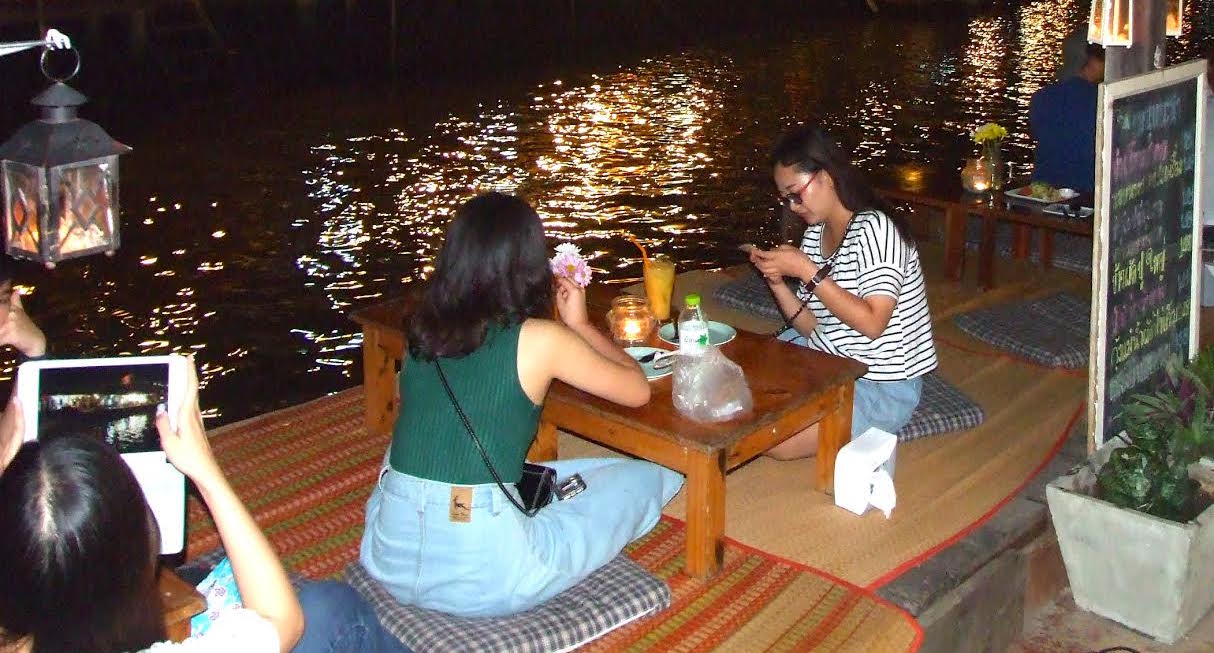By Lisa Vives, Global Information Network
NEW YORK (IDN) — Belgium is the latest European country to promise to return artworks plundered from its former Congolese colony, as it seeks to confront its brutal colonial past.
Belgium’s Africa Museum has said up to 2,000 works, including statues, musical instruments and weapons, were acquired illegally during the colonial rule of a swathe of central Africa, mostly the modern-day Democratic Republic of the Congo.
“Everything that has been acquired through force and violence under illegitimate conditions must in principle be returned,” said Thomas Dermine, the secretary of state for science policy.
“Objects that have been acquired in an illegitimate fashion by our ancestors, by our grandparents, great-grandparents, do not belong to us. They belong to the Congolese people. Full stop.”
The Black Lives Matter movement has accelerated Belgium’s reckoning with its colonial past, with statues to former King Léopold II defaced in the wake of the global protest.
From the late 19th century to 1960, thousands of artworks including wooden statues, elephant ivory masks, manuscripts and musical instruments were likely taken by Belgian and other European collectors, scientists, explorers and soldiers.
Following a 66-million-euro ($78 million) overhaul of the Africa Museum to take a more critical view of Belgium’s colonial past, the government is ready to meet DRC calls for restitution. Léopold II ran the Congo Free State as his personal fiefdom from 1885 to 1908, before ceding control to the Belgian government, which controlled the territory until its independence in 1960.
The Belgian government unveiled on July 6 long-awaited plans for restoring plundered works to the DRC.
“The approach is very simple: everything that was acquired through illegitimate means, through theft, through violence, through pillaging, must be given back,” Belgian junior minister Thomas Dermine told Reuters. “It doesn’t belong to us.”
Belgium will transfer legal ownership of the artifacts to the DRC. But it will not immediately ship art works back to the country from the museum in Tervuren, just outside Brussels, unless they are specifically requested by DRC authorities.
That is partly because the museum, which has proved popular since its renovation and attracted hundreds of thousands visitors before the COVID-19 pandemic, wants to keep these artifacts on display. One option is to pay a loan fee to the DRC.
Meanwhile, Placide Mumbembele Sanger, a professor of anthropology at the University of Kinshasa who is working at the museum in Tervuren, said the process was a simple one.
“These are objects going back to their natural context so I don’t see why we should ask so many questions,” he said. “It’s as if you go out and someone steals your wallet, and the person asks you whether or not you are ready to have it back.” [IDN-InDepthNews – 12 July 2021]
Photo: Banner Royal Museum for Central Africa, Tervuren, Belgium
IDN is the flagship agency of the Non-profit International Press Syndicate.
Visit us on Facebook and Twitter.
This article is published under the Creative Commons Attribution 4.0 International licence. You are free to share, remix, tweak and build upon it non-commercially. Please give due credit.

